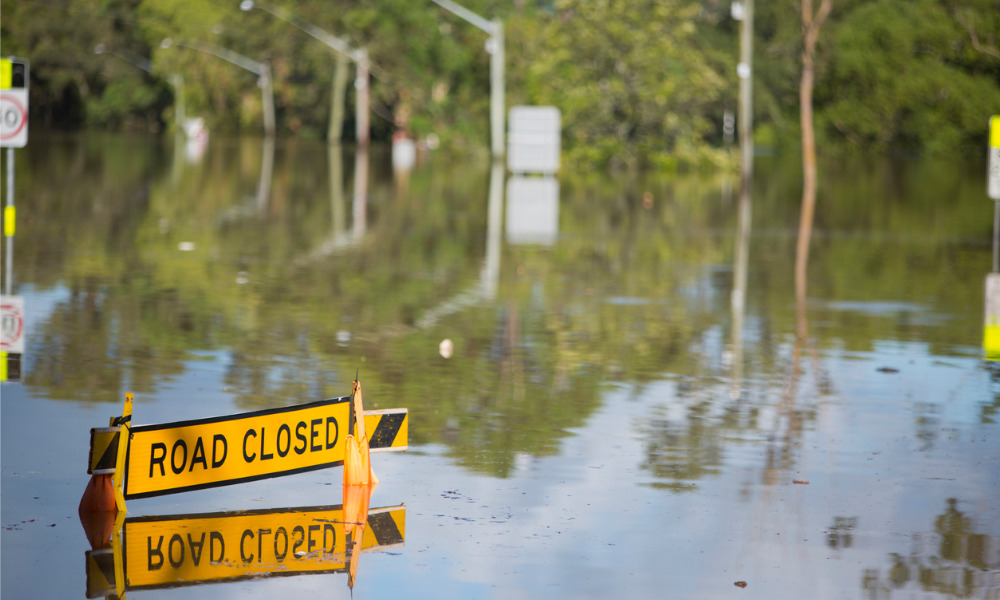
WorkSafeBC reveals how HR can be one step ahead of an emergency

Parts of British Columbia are placed under flood warnings and flood watches ahead of an incoming storm that is expected to bring rains to some parts of the province this week, according to reports. Employers, under the Occupational Health and Safety Regulation, are expected to plan, prepare, and train their employees for emergencies such as this.
In line with this, WorkSafeBC recently published a new resource for employers to help them come up with their own evacuation guidelines in cases of flooding. The document, called Emergency evacuation planning for your workplace, advises employers to:
This will help identify potential hazards in the workplace so proper controls can be implemented to reduce the risk of injury to employees.
"With the elevated risk of flooding across the province, it is essential that employers do a risk assessment and have an emergency response plan that includes flood risks," said Al Johnson, WorkSafe BC's head of prevention services, in a statement.
This advice tells employers to consider various factors in developing their own evacuation plan and identifying possible assembly locations where employees can gather after a site evacuation.
It also encourages employers to gather feedback from workers and emergency management authorities as they come up with the evacuation plan, and communicate the procedure with neighbouring workplaces.
Read more: BC proposes asbestos licensing rules in workplace safety bid
Employers should also be on alert for potential evacuation alert or order from the provincial, local, or municipal governments. An alert is a warning so citizens can prepare for evacuation, while an order means an area must be vacated immediately.
Employers and employees are prohibited from entering an area under an evacuation order until it expires or lifted, and everyone is reminded that only trained and equipped professionals are allowed to re-enter an area after evacuation.
Employers are urged look out for workers after an emergency happens. They can be assisted with the following:
The full resource can be found on the WorkSafeBC's website, which also contains more documents that may help employers in cases of emergency.
"The most important thing that an employer can do is be prepared," said Johnson.